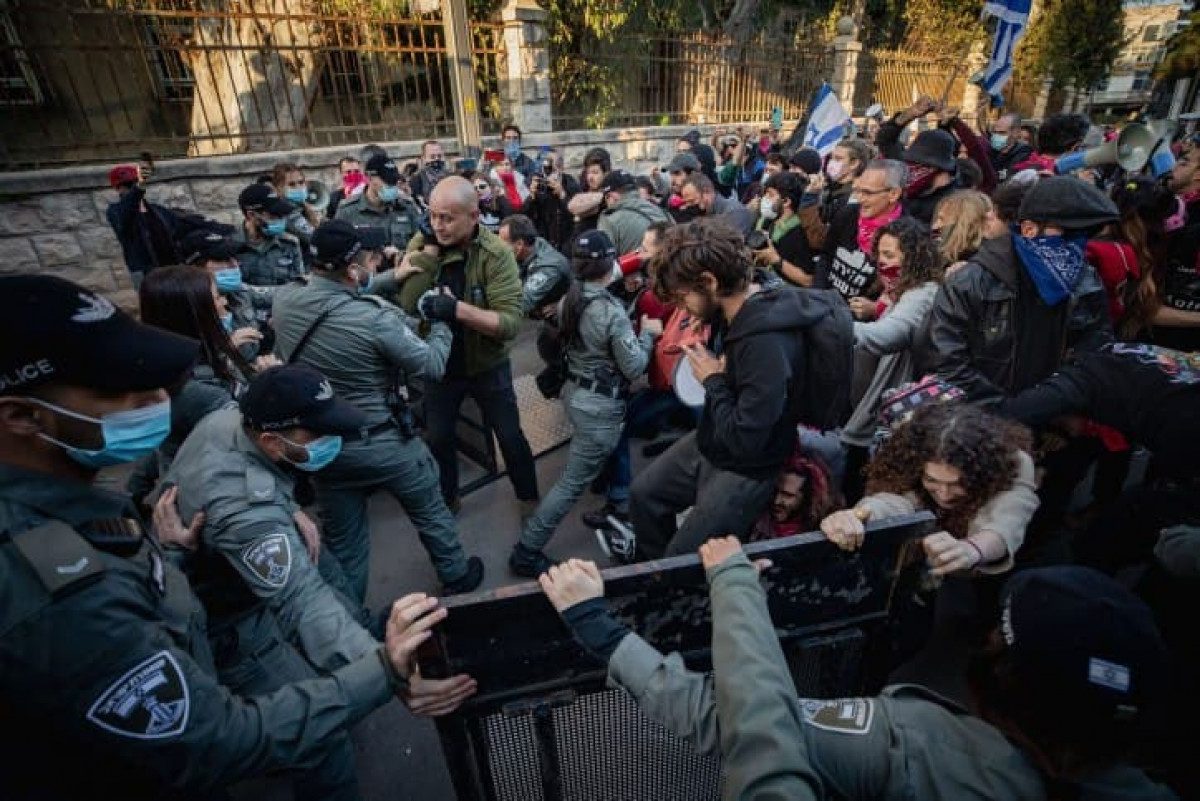 126
126
Zionist politicians have been arguing futilely for decades how to protect themselves and cope with challenges from within and outside Israel since its inception in 1948. We shall attempt to highlight Israel’s major internal and foreign crises in this article. Five external elements in the Middle East, according to analysts, have created alarm among the Zionist leadership. Even though this is not a new conundrum for Tel Aviv, there are several compelling reasons why the word “anxiety” has been more common in Zionist media headlines in recent months. The first is Zionism’s fear of Syria-Jordan relations thawing. Jordan’s past anti-Syrian stance and King Abdullah II’s 2016 address criticising Syrian President Bashar Al-Assad have strained ties between the two Arab nations. In recent months, though, Israel has been disturbed by Amman’s surprise shift toward Damascus. Of course, Zionist concerns do not cease with Syria-Jordan détente. The Zionists were outraged over a phone discussion between Iranian Foreign Minister Hossein Amir-Abdollahian and his Jordanian counterpart Ayman al-Safadi. Amid the Zionist regime’s efforts to Judaise Al-Quds, Amir Abdullahian lauded Jordan’s historic role in patronising the Holy Al-Quds and other Islamic and Christian sanctuaries across Bayt al-Muqaddas. Both parties emphasised the need for regional cooperation among Muslim nations in the area, particularly Iran, Iraq, Syria, and Jordan. The Zionists seem to be particularly apprehensive about economic cooperation between Tehran and Amman. Many Israeli commentators regard Jordan’s Foreign Minister’s remarks during a phone call with Mr Amir Abdullahian about Amman’s determination to enhance relations with Iran as a significant cause of worry for Israel. Zionists are also concerned about improving ties between Iran and Saudi Arabia. Israelis were quite disturbed in recent months about the ongoing discussions between Riyadh and Tehran, as well as the prospect of a near-term deal between the two nations. In this regard, the Zionist newspaper Haaretz published an article claiming that the amelioration of ties between Iran and Saudi Arabia could destabilise the region’s anti-Iranian coalition; in other words, if the talks between the two countries succeed, the region’s anti-Iranian bloc, on which Israel heavily relied, will collapse for good. On the other hand, Washington considers that any normalisation deal between Saudi Arabia and the Zionist regime would be impossible to achieve without a comprehensive settlement between Israel and the Palestinians. On the other hand, normalization with Riyadh is deemed by Tel Aviv as a guarantee that Saudi Arabia and other Arab Persian Gulf littoral governments would not approach Iran. The strong links between Iran and Israel’s northern neighbour, Lebanon, are a perennial subject of concern for Tel Aviv. President Michel Aoun, Prime Minister Najib Mikati, and Parliament Speaker Nabih Berri were among the senior Lebanese officials Amir-Abdollahian met with recently in Beirut. Hezbollah Secretary-General Seyed Hassan Nasrallah also met with Iran’s top diplomat. During the tour, Amir-Abdullahian presented several economical offers on behalf of Tehran, including building power plants, the reconstruction of Beirut’s devastated port, and other economic aid to Lebanon, which is suffering from severe economic depression. The Zionist regime is particularly concerned about the renovation of Beirut’s port, a significant competitor to Haifa in terms of accessibility for Middle Eastern nations looking to connect to Europe. Because the Zionist authorities were concerned by Iran’s offers to Lebanon, they opted to imply that the gas being supplied to Lebanon from Egypt was an Israeli gas to incite animosity among Lebanese political groups. On the other hand, Tel Aviv is alarmed by Iran’s military measures against Baku, given that the Republic of Azerbaijan is home to Turkish-backed ISIS cells and Israeli intelligence headquarters. Today, it is a fact that Zionists seek to use Azerbaijan as a platform for anti-Iranian activities. Bennett’s administration is also anxious about the United States’ anticipated return to the Iran nuclear deal and is working to sabotage it in every manner possible. “Israel does not want Iran to become a nuclear power and believes it should not have nuclear capabilities even if it does not obtain nuclear weapons,” Zionist Foreign Minister Yair Lapid remarked. According to Israel’s Foreign Minister, the Zionists are more fearful of Iran’s peaceful nuclear technology and capability than of Iran possessing a nuclear weapon because no other Middle Eastern country, they argue, should be able to compete with Israel in science and technology, and Zionism, as evidenced by numerous facts, views the Middle East as an existential threat. Tel Aviv is especially worried about Palestinian resistance capabilities and its expansion into the occupied West Bank and Bayt al-Muqaddas. Fearing a worsening in the Palestinian Authority’s position inside the Palestine Liberation Organization (PLO), Tel Aviv is attempting to exert pressure on Mahmoud Abbas’s Palestinian Authority to curb Hamas in return for modest financial assistance. The Zionist government wants to build more illegal settlements in the occupied West Bank and continue the Judaization of Holy Bayt al-Muqadda, but it is terrified about Palestinian resistance’s retaliation.
Comment
Post a comment for this article